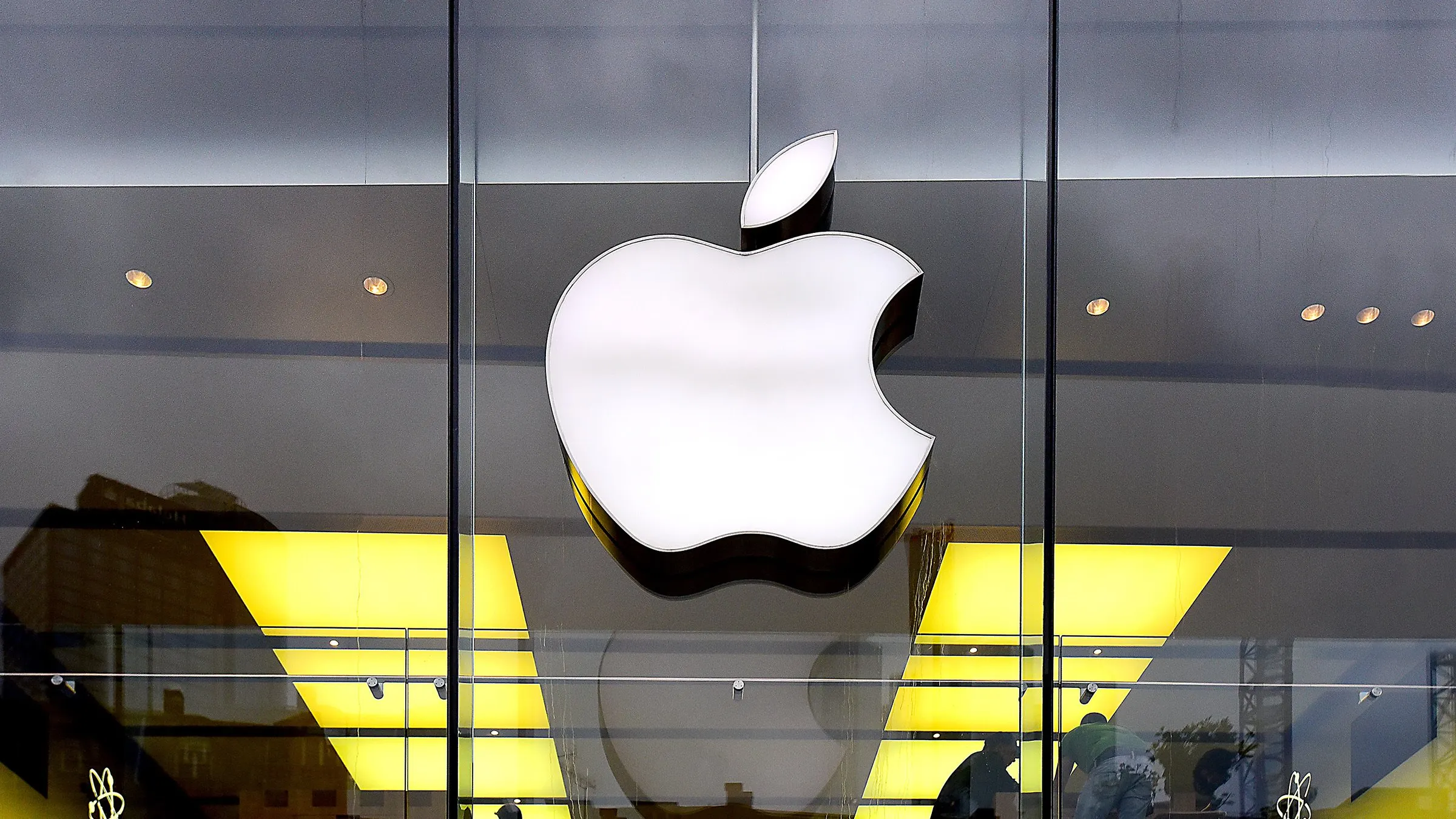Apple is hitting the brakes on the rollout of “Apple Intelligence” in Europe, the company said on Friday. Citing government regulations, Apple said it would not be rolling out several new features in the European Union, including its upcoming suite of AI tools.
Earlier this month, Apple unveiled a broad range of AI-powered features and services during its annual WWDC conference. Branded as “Apple Intelligence,” they will bring AI enhancements across its product line. Apple also announced that it partnered with OpenAI to make its flagship AI model, ChatGPT, available as an opt-in feature within its Siri virtual assistant.
According to a report by the Financial Times, Apple said new rules on business competition in the EU led to its decision to hold back its AI upgrades as well as specific iPhone features, including iPhone Mirroring and SharePlay Screen Sharing. The decision potentially affects millions of users—and sales of upcoming new hardware.
“Due to the regulatory uncertainties brought about by the Digital Markets Act, we do not believe that we will be able to roll out three of these features to our EU users this year,” Apple told the outlet on Friday.
“We are concerned that the interoperability requirements of the DMA could force us to compromise the integrity of our products in ways that risk user privacy and data security,” Apple said in a separate statement reported by Bloomberg.
The DMA, originally passed in 2022, is an EU regulation intended to ensure fair and competitive digital markets. It targets so-called "gatekeepers," which the act identifies as large digital platforms like search engines and app stores.
The act imposes specific obligations, prohibitions, and fines on companies and aims to address conflicts of interest and level the playing field for European companies. According to the DMA, violating the act could result in fines of up to 10% of the offending company’s worldwide annual revenue—or up to 20% for repeated infringement.
Apple racked up more than $380 billion in global sales in 2023.
For consumers, the Digital Markets Act includes several provisions, including giving consumers the right to install apps from competing app stores, the right to decide if companies can use consumer data across services, and the option not to allow tracking and profiling for personalized advertising.
In 2023, rumors began to swirl that Apple would allow third-party app stores to be installed on its products to comply with the DMA, a move that some cybersecurity experts said would put users in danger.
"If Apple permits sideloading of apps, the inherent risks primarily revolve around the potential presence of malicious developers releasing applications that mimic legitimate ones, aiming to steal user data," David Schwed, COO of blockchain security firm Halborn, told Decrypt at the time.
Apple did not immediately respond to a request for comment from Decrypt.
Edited by Ryan Ozawa.





